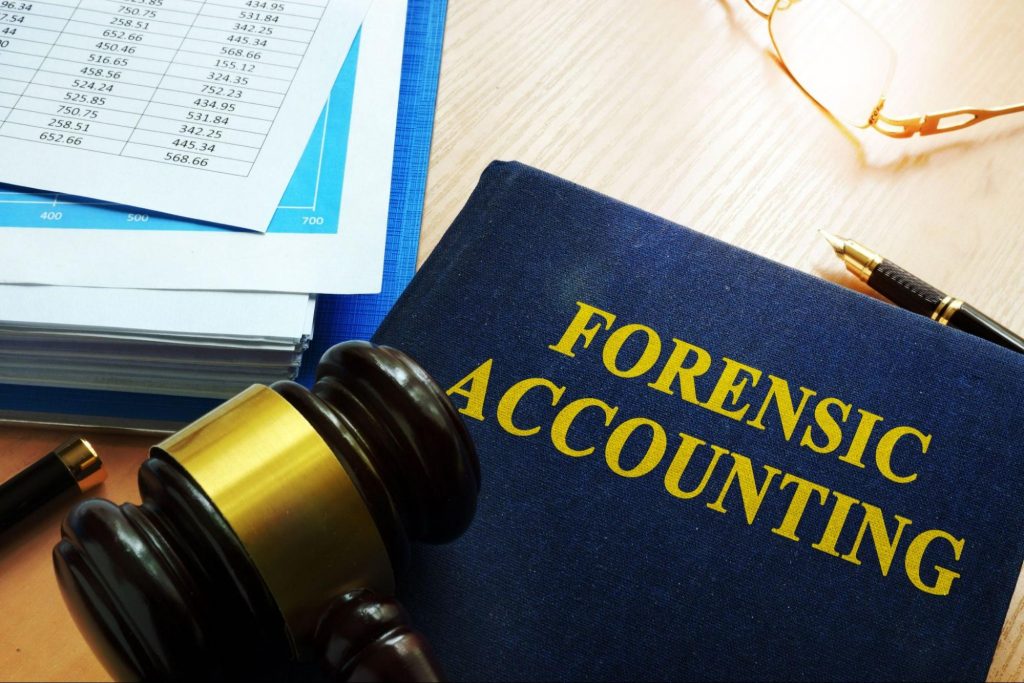The Role of Forensic Accountants in Testifying: A Comprehensive Guide

Forensic accountants are professionals who specialize in investigating financial fraud and other financial crimes. They are often called upon to testify in court as expert witnesses, providing their opinions and analysis on complex financial matters. In this article, we will explore the role of forensic accountants in testifying, including their qualifications, responsibilities, and the types of cases they may be involved in.
Qualifications of Forensic Accountants
Forensic accountants are typically certified public accountants (CPAs) who have received additional training and education in forensic accounting. They may also hold certifications such as Certified Fraud Examiner (CFE) or Certified Forensic Accountant (CFA). In order to testify in court, forensic accountants must have a thorough understanding of accounting principles, financial analysis, and the legal system.
Responsibilities of Forensic Accountants in Testifying
When called upon to testify, forensic accountants are expected to provide objective and unbiased opinions based on their analysis of financial data. They may be asked to explain complex financial concepts to a judge or jury, and to provide their opinions on the credibility of financial statements or other financial evidence. Forensic accountants may also be asked to provide expert testimony on damages, lost profits, or other financial matters.
Types of Cases Involving Forensic Accountants
Forensic accountants may be involved in a wide range of cases, including:
- Fraud investigations: Forensic accountants may be called upon to investigate allegations of financial fraud, such as embezzlement, money laundering, or securities fraud.
- Divorce proceedings: Forensic accountants may be involved in divorce cases to help determine the value of assets, such as businesses or investments, and to uncover hidden assets or income.
- Bankruptcy proceedings: Forensic accountants may be involved in bankruptcy cases to help determine the financial status of a company or individual, and to identify any fraudulent activity that may have contributed to the bankruptcy.
- Criminal cases: Forensic accountants may be involved in criminal cases to provide expert testimony on financial matters, such as the financial motive for a crime or the value of stolen property.
Conclusion
Forensic accountants play a critical role in the legal system, providing expert analysis and testimony on complex financial matters. They must have a thorough understanding of accounting principles, financial analysis, and the legal system in order to provide objective and unbiased opinions. Forensic accountants may be involved in a wide range of cases, including fraud investigations, divorce proceedings, bankruptcy cases, and criminal cases. If you are involved in a legal matter that involves financial issues, it may be beneficial to consult with a forensic accountant to help you navigate the complex financial landscape.




